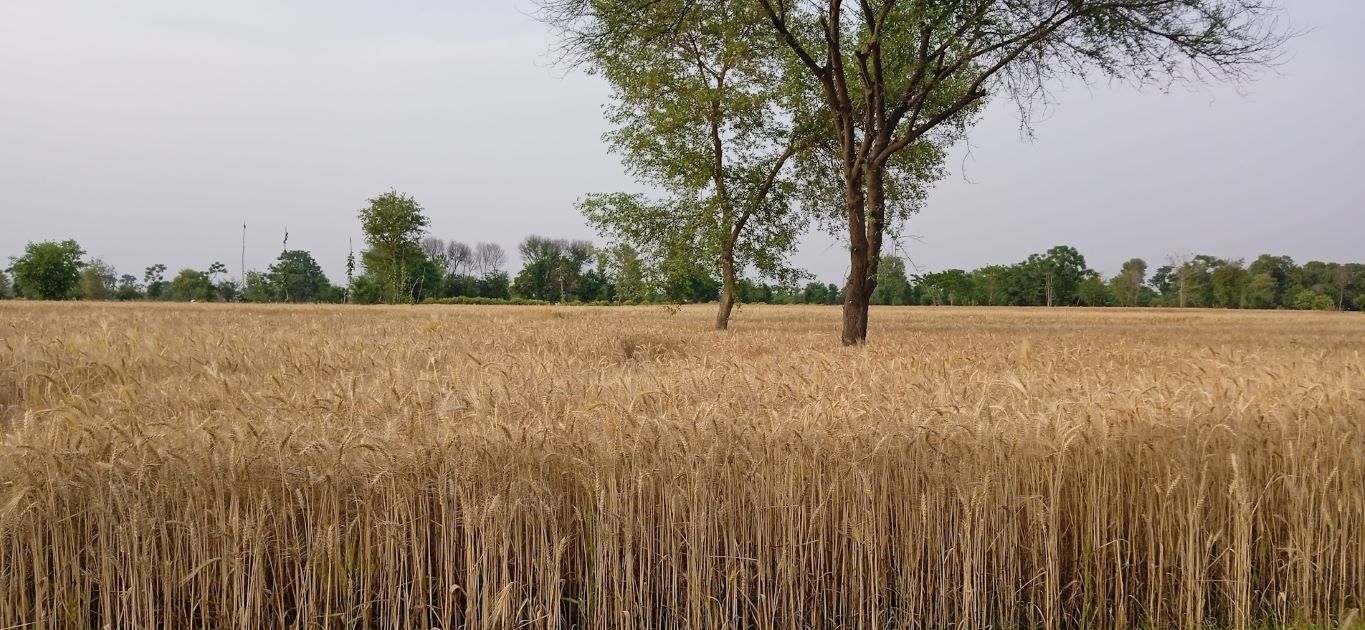Recent protests by farmers in Pakistan have brought attention to the agricultural crisis, impacting the country’s economy and workforce. Triggered by policy changes and market conditions, the unrest stems from issues such as slashed procurement targets and low market prices for wheat.
Government responses and accusations of corruption further complicate the situation. The crisis has led to calls for investigation and highlights the challenges faced by smallholders. Middlemen dynamics and economic impacts add to the complexity. Effective government intervention is crucial to address the crisis and stabilize the market for the benefit of farmers and the economy.
The Punjab government’s decision to reduce its wheat procurement target sparked protests among farmers due to a significant drop in market prices, well below the minimum support price. Agricultural unions advised farmers to withhold their produce. The government cited high moisture content in grain due to rain, further exacerbating farmers’ concerns.
Introducing a mobile app for selling wheat added to farmers’ frustrations, as many were not tech-savvy. Farmers demanded the government curb excessive wheat imports, which they blamed for significant financial losses amidst a foreign exchange shortage. Khalid Khokhar of the Kissan Ittehad highlighted the dire situation faced by farmers.
Opinion: The article presents a detailed analysis of the agricultural crisis in Pakistan, shedding light on the complex interplay of factors contributing to the unrest. It highlights the need for effective government intervention to support smallholders and stabilize the market. As a reader, I empathize with the plight of the farmers and recognize the urgency for sustainable solutions to mitigate the economic impacts of the crisis.




